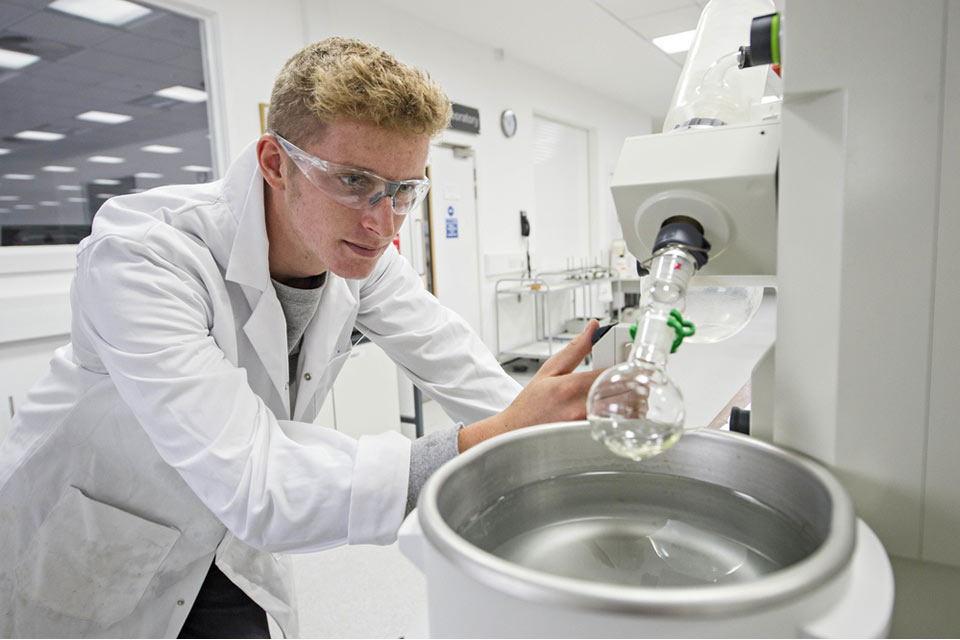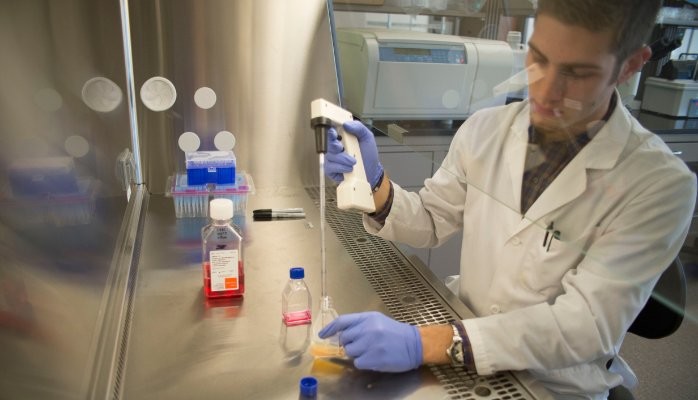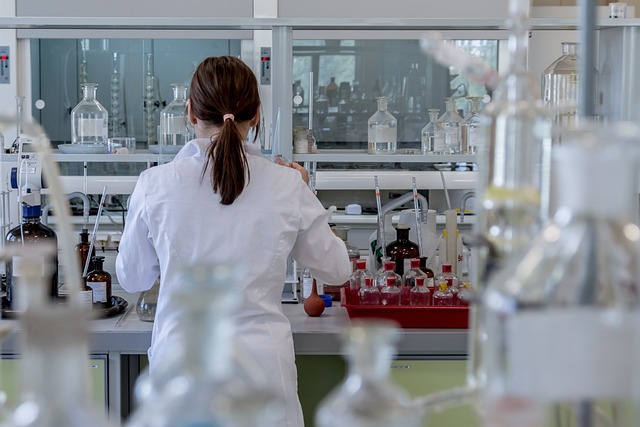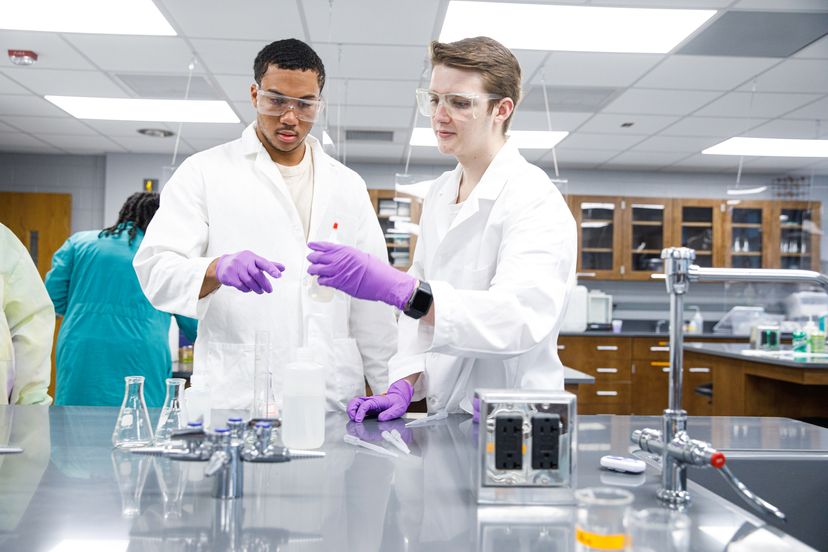To study chemistry, you’ll need to meet certain qualifications depending on your educational level. At the high school level, a strong foundation in science and mathematics is essential, including courses in chemistry, biology, physics, and mathematics.
For undergraduate studies, such as a bachelor’s degree in chemistry, you’ll typically need a high school diploma or equivalent, along with specific admission requirements set by universities or colleges. These requirements often include a minimum GPA, standardized test scores, and prerequisite coursework.
At the graduate level, such as master’s or doctoral studies, a bachelor’s degree in chemistry or a related field is usually required, along with additional criteria like strong academic records, letters of recommendation, and research experience.
What High School Qualifications Are Needed for Chemistry Studies?

The specific high school qualifications required for studying chemistry can vary depending on the institution and the level of study (e.g., high school courses, undergraduate degree). However, generally, a strong foundation in mathematics and science is essential.
Typically, high school students interested in pursuing chemistry studies should aim to take courses in:
- Chemistry: Obviously, taking chemistry courses in high school will provide you with a solid foundation for further studies in the subject.
- Mathematics: Algebra and calculus are particularly important for understanding the mathematical concepts involved in chemistry, especially at the higher levels.
- Physics: While not always a requirement, having a background in physics can be beneficial as it introduces fundamental concepts that are applicable to chemistry.
- Biology: Some universities may require or recommend biology courses as part of their chemistry programs, especially if you plan to focus on biochemistry or related fields.
It’s also important to maintain good grades in these courses, as competitive programs may have grade requirements for admission. Additionally, participating in extracurricular activities related to science or research can strengthen your application and demonstrate your interest and commitment to the field.
How to Meet Undergraduate Qualifications for Chemistry Programs?

Meeting undergraduate qualifications for chemistry programs involves fulfilling a set of academic requirements. First and foremost, ensure you have completed high school or obtained an equivalent qualification. Most programs require specific high school courses or their equivalent, such as chemistry, physics, biology, and mathematics (including algebra, geometry, and calculus). It’s essential to perform well in these courses as they form the foundation for your further studies.
Additionally, check the GPA requirements of the programs you’re interested in, as competitive programs may have minimum GPA expectations. Many universities also require standardized test scores like the SAT or ACT, so prepare accordingly. Involvement in extracurricular activities related to science or chemistry can strengthen your application, although it’s not always required. Letters of recommendation, a well-written personal statement, and admissions interviews (if applicable) also play crucial roles.
Finally, be sure to meet all application deadlines and check for any additional requirements specific to the programs you’re applying to. By fulfilling these requirements and submitting a strong application, you can increase your chances of meeting the undergraduate qualifications for chemistry programs.
What Are the Requirements for Graduate Level Chemistry Studies?

To go to graduate school for chemistry, you usually need to:
- Finish college with good grades in science classes.
- Take tests like the GRE to get into grad school.
- Get letters from teachers saying you’re good at chemistry.
- Do research or internships to show you’re interested in chemistry.
- Write a letter about why you want to study chemistry in grad school.
- Make a list of your achievements and activities.
- Some schools might ask to talk to you before they decide if you can join.
- If English isn’t your first language, you might have to take an English test.
- Some schools might need you to take extra classes before you start.
- Look at the rules for the grad schools you want to apply to so you know what they need.
FAQs
Is chemistry a difficult subject?
It can be challenging but also rewarding with practice.
What is the hardest science?
It varies for different people, but physics is often considered the toughest.
What is the hardest subject in the world?
Subjective, but some find advanced mathematics or theoretical physics toughest.
Is chemistry harder or physics?
It depends on the person, but many find physics more challenging due to its abstract concepts.
Is chemistry a good career?
Yes, it offers diverse opportunities in research, healthcare, industry, and academia.
Final Words
To study chemistry, it’s important to meet certain qualifications at different educational levels. Whether in high school, undergraduate, or graduate studies, having a strong foundation in science and mathematics is essential.
Additionally, meeting specific admission requirements such as minimum GPA, standardized test scores, and prerequisite coursework is necessary. Beyond formal qualifications, a passion for chemistry and strong analytical skills can greatly contribute to success in the field.
Overall, by understanding and meeting these qualifications, individuals can pursue their academic and personal goals in chemistry.
